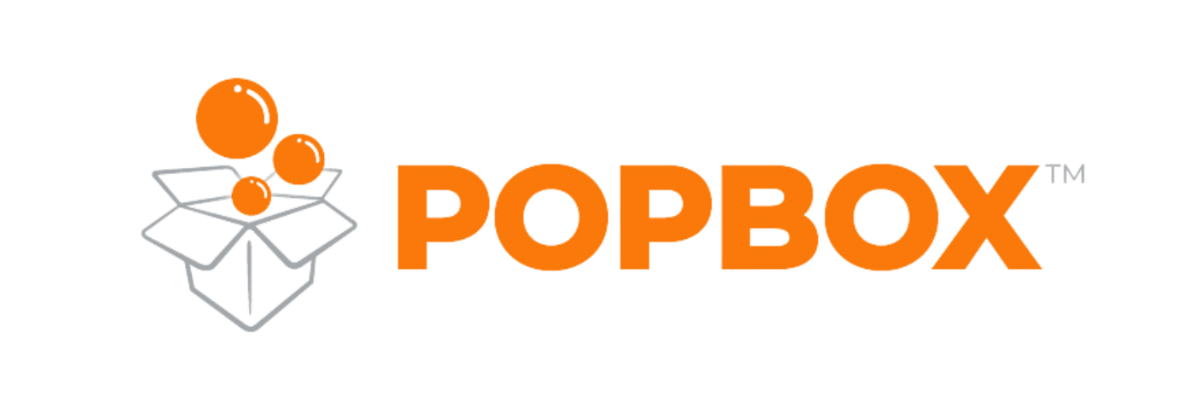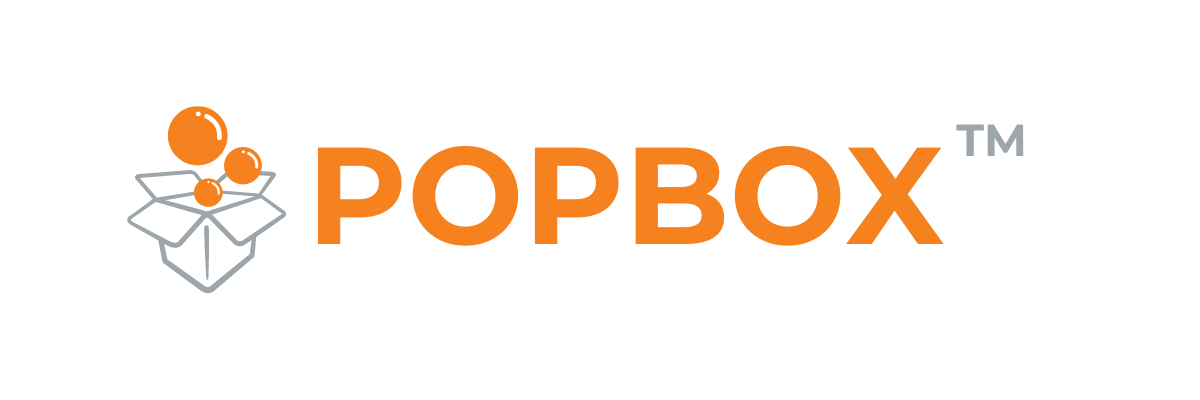
Compliance Made Simple for Healthcare Business
Compliance doesn’t need to be complicated. With the right IT strategy, healthcare SMBs can simplify requirements, strengthen security, and unlock new opportunities.
Why Compliance Should Be on Every Healthcare Leader’s Radar
Healthcare businesses, from dental practices to medical billing firms, face the same risks as large hospitals: ransomware, phishing, insider threats, and data breaches. Regulators don’t go easy on “small.” A single HIPAA violation can cost hundreds of thousands, and failure to meet SOC 2 standards can disqualify you from partnerships with larger providers and payers.
It impacts:
- Revenue: Partnerships and payer contracts often require SOC 2 or equivalent standards.
- Reputation: Patients expect modern, secure systems protecting their health records.
- Resilience: Noncompliance increases downtime risk after a breach or audit.

HIPAA: The Non-Negotiable Foundation
HIPAA is table stakes for anyone working with PHI. But too often, SMBs believe they’re compliant just because data is encrypted. Real HIPAA compliance covers people, processes, and technology.
You should ensure:
- Annual HIPAA risk assessments with documented remediation plans.
- Strong access controls through identity management.
- Encrypted storage and secure data transmission.
- Workforce-wide security awareness training.

SOC 2: The Partnership Enabler
Where HIPAA ensures healthcare-specific privacy, SOC 2 compliance demonstrates overall IT maturity. Many enterprise health systems, insurers, and SaaS vendors will not engage without it.
What does this mean?
- Meeting security, availability, and confidentiality standards.
- Clear policies that prove your organization can be trusted with sensitive data.
- A smoother path to growth through strategic partnerships.

Cybersecurity Compliance: Staying Ahead of Evolving Threats
HIPAA and SOC 2 are the baseline, but they’re not the finish line. To truly reduce risk, healthcare SMBs need proactive SMB IT compliance strategies:
- Deploy Intune device management for secure, centralized endpoint protection.
- Enforce multi-factor authentication (MFA) on all systems.
- Establish and test an incident response plan.
- Partner with experts in cybersecurity compliance who understand healthcare.Simplifying Compliance for Growth-Minded Leaders
By treating HIPAA as your baseline, adopting SOC 2 as your growth enabler, and layering on proactive cybersecurity, your healthcare organization can reduce risk, build trust, and scale confidently.




